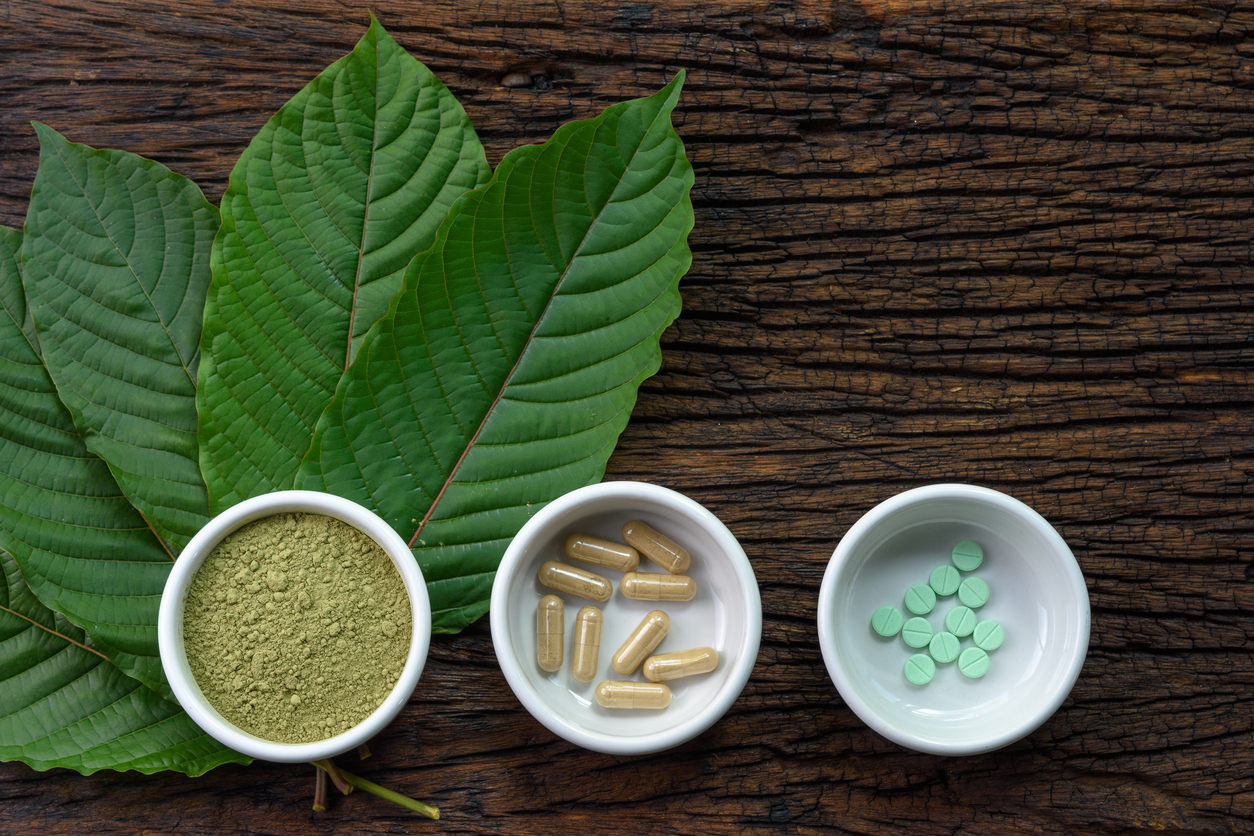
The American Kratom Association made a public statement regarding the recent death of a man who apparently “overdosed” and died on the herbal substance, Kratom.
Andrew Marquez, 36, was at his parents house when he had a seizure. He had battled drug addiction after suffering a car accident. Prescription pills turned into a habit he would go to any length to support, including stealing from his family.
Things changed when he told his family he was combatting his addiction with kratom. He likened the herbal supplement to green tea, but began taking more and more.
But he stopped breathing during a visit with his family. His mom performed CPR on him, to no avail. He was rushed to emergency services, placed on life support but subsequently died when the family took him off.
The coroner concluded that Marquez died from “seizures and anoxic brain injury due to mitragynine (kratom) intoxication.”
“I don’t want anyone else to have to experience that. It’s a horrible way to see someone die,” said his sister Angela Baldauf in an interview with Colorado 9News.
Kratom (Mitragyna speciosa) is a tropical tree that comes from Southeast Asian countries such as Thailand, Indonesia and Papua New Guinea. Its leaves, eaten raw, crushed and brewed, or dried into powder form, have been used for hundreds of years in the regions to relieve pain.
In low doses, it acts similar to a stimulant. In higher doses however, it works as a sedative. The U.S. Food and Drug Administration said it affects the same opioid receptors in the brain as morphine which “appears to have properties that expose users to the risks of addiction, abuse, and dependence.”
Due to these properties, kratom has gained widespread popularity in the United States as a remedy to combat opioid abuse, now considered an epidemic by the U.S. Centers for Disease Control and Prevention. Many use it to relieve not only pain, but anxiety and depression as well.
But a pro-kratom, consumer advocacy group doesn’t agree with the governmental stance on kratom. The American Kratom Association (AKA) is a consumer organization that aims to prevent government interference and regulation of the herbal supplement.
David Herman, chairman of the AKA, feels differently about the Marquez story and the negative light cast on kratom for being the source of the overdose. “I am sorry for this family. I don’t want to see anyone die,” he said. “But there has to be more to this story because the science doesn’t bare out what the medical examiner’s saying.”
Marquez had sertraline, an antidepressant, in his system but the forensic pathologist did not associate the seizure to that. It was “within the accepted therapeutic windows.” However, kratom was detected in his blood and was “well above the reported reference range for fatalities attributed to mitragynine use.”
Herman responded by saying, “We have an assumption here by a coroner that he cannot substantiate. There is no scientific data that backs that up. What we have is a very large disinformation campaign coming from the federal government, FDA specifically trying to ban this product at any and all costs.”
Though there are little substantive studies on the potential harms of kratom, the FDA has linked at least 44 deaths to the supplement thus far.
The forensic pathologist who conducted the autopsy, John Carver, M.D., issued a statement regarding the conflicting attributes for Marquez’s death:
“A classic maxim of toxicology is “The dosage makes the poison”. This means many, many things taken into the body in excess can have adverse physiologic effects, including death. This decedent had a modest level of a common anti-depressant in his blood, and a very highly elevated level of kratom. He had no previous history of seizures, and his family reported him taking increasing levels of kratom. He died from anoxic brain injury after having a witnessed seizure. No brain abnormality was present to explain a new-onset seizure. Kratom has been associated with seizures in the medical literature. It is reasonable to conclude that it played a role in the case you have inquired about.
Kratom has also been linked to a handful of salmonella cases this year.





